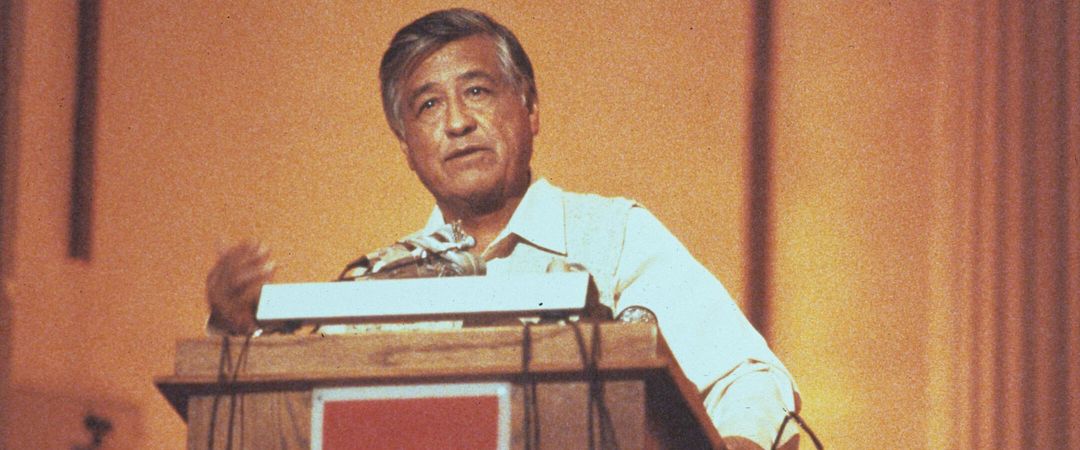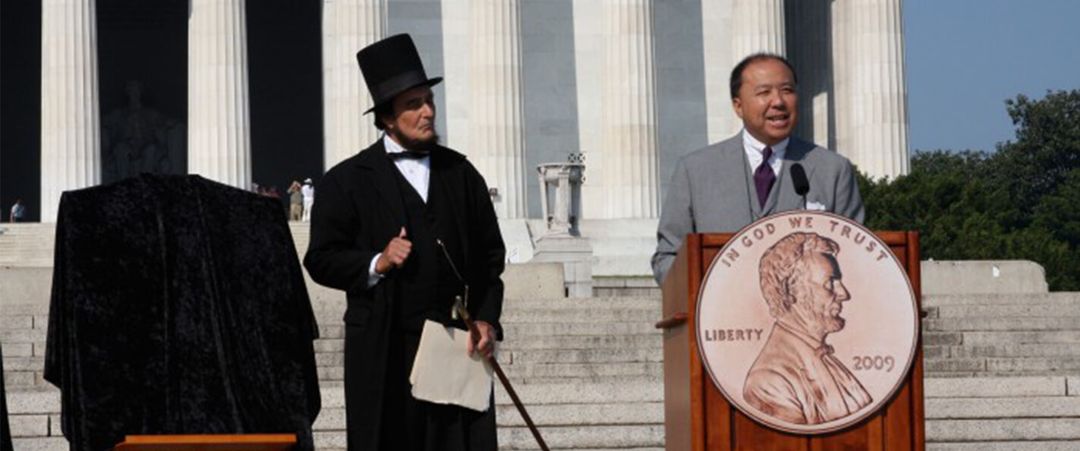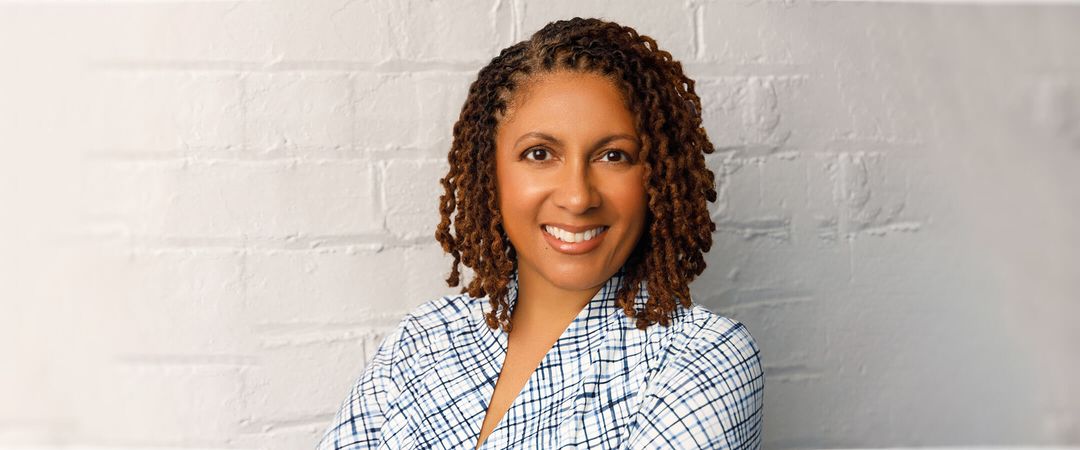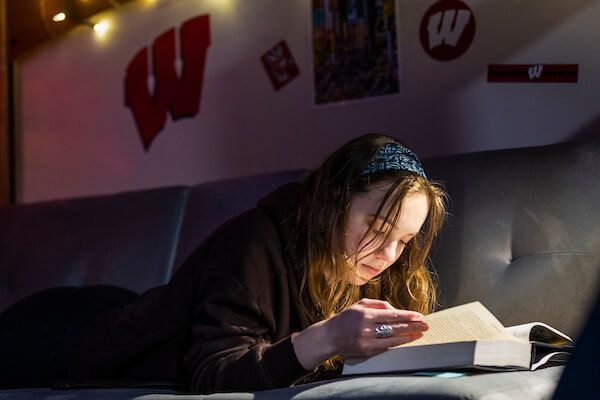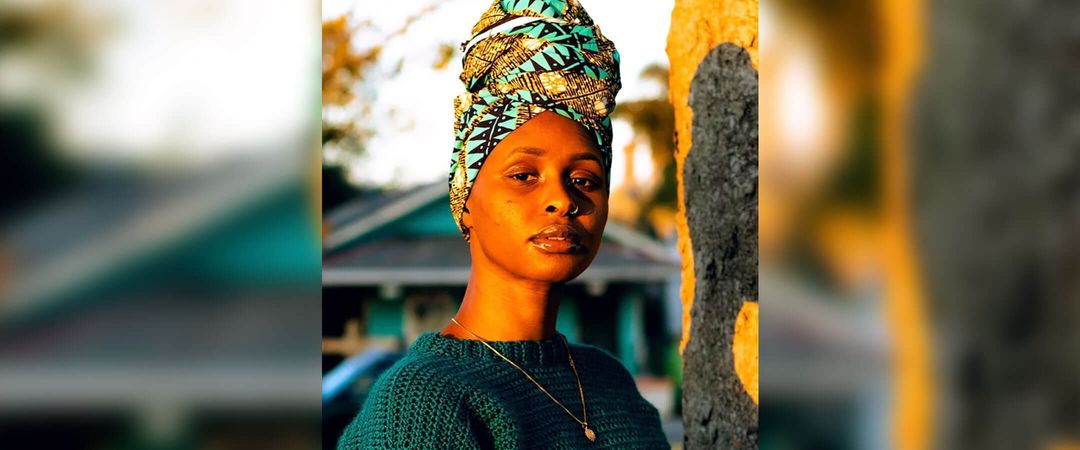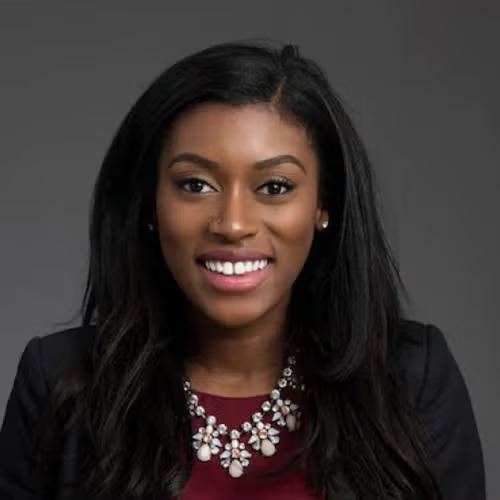During her “Bolder Blackness” project, Melvina Young ’90, MA’92, PhD’07 wrote a birthday card for a son. She didn’t know whose son — or which birthday it was. All she knew was that the Hallmark card needed to convey “how a child might face obstacles in our current reality, but has the giver’s love, faith, and support at their back,” Young recalls.
The card turned out like this: “My dream for you is that you make all your dreams come true. I know in my heart you can … because no matter how many walls spring up in front of you, you find a door and walk on through.”
Young is a senior writer at Hallmark, where she writes not just greeting cards for the company’s core and diverse cultural identity lines, but also consumer-facing web content, top-selling gift books, children’s books, and more. She also created the Melvina Young Collection, a book and gifts selection amplifying messages of women’s empowerment. She’s been featured in the New York Times and has twice won the Hallmark CEO’s Walk the Talk Diversity Award for an internal diversity blog that she cocreated called Vibrant Voices. Young says she has “serious game and can really throw down” on romance cards — and she believes her desire for knowledge and change was sparked at UW–Madison.
An Academic Switch
Born in Arkansas during segregation, Young grew up in a deeply religious household in which college education was discouraged as a threat to “spiritual health.” She was raised to focus on preaching the Bible. Young’s family made their way to Milwaukee in the early 1980s on the tail end of the Great Migration. And, in 1987, she left Milwaukee and her family home to attend UW–Madison at age 24.
Coming from a working-poor family — her grandparents had been domestic servants, cotton-gin laborers, and field workers — Young “opened up” at Madison, she says.
“I came to Madison, and there were people who spoke different languages, who had different mind-sets and had different experiences.” Young says. “I got stronger and felt more enriched by each encounter.”
At the UW, Young double-majored in gender and women’s studies and Afro-American studies after a short stint in the School of Journalism and Mass Communication. In the J-School, she often found herself one of just a few students of color amidst hundreds of students. But learning about histories of resistance and traditions of empowerment “changed her life,” she says.
“I was given all of these vocabularies for talking about my own lived experience,” Young says.
She became active on campus, participating in the Black Student Union, a multi-ethnic women-of-color organization she helped create called La Womanist Colectiva, plus fighting for the creation of the Multicultural Student Center.
After undergrad, Young stayed to earn her master’s degree in Afro-American studies, after which she went directly into teaching her own classes. She believed that if her students understood the African American struggle against oppression and women’s fight for labor equity, reproductive freedom, and bodily integrity, that the optimism, force, resistance, and transcendence of those movements would not only help students understand the hard-won rights they’d inherited from forebears, but also drive empathy towards one another.
When Young left Madison and academia, she still wanted to carry the passions and ideals that were important to her — equity, compassion, human connection, and empathy as a catalyst for change.
A friend suggested writing for Hallmark, something she had never considered. Young was fearful of leaving the life of the mind — believing academia was the only space where deep and critical thinking took place. Looking back, she was being a bit of an “arrogant academic,” she says. “There are smart, thoughtful, insightful, and creative people nearly everywhere.”
The Hallmark … of Hallmark
After being hired in 2006, Young realized those empathic relationships she fostered in academia could be embraced translated to her work Hallmark. What she does is more than just writing cards; it’s connecting people on an emotional level that is culturally authentic and empowering, she says.
“Maybe we get a request from our editorial partners saying, ‘It’s Mother’s Day, and we want you to write for mothers and daughters who don’t get along so well; their relationships are complicated, but they want to say something to each other,’ ” Young says.
“Our job is to get to the real person and to understand what is important emotionally, and then to bring that back and put it on a card.” She gets to that real person by understanding that person’s identity in complexity (race, culture, class, religion, sexuality, etc.) and works on understanding the emotional space the person is in as well.
Her colleagues, who are published novelists, poets, screenwriters, and songwriters, are some of the most creative and empathic people in the world, she says. Together they conduct focus groups, read Pew Research Center studies, and keep up to date on news and cultural trends.
Young’s most recent Hallmark book is called When You Need to Know Your Strength: Messages of Hope and Healing for Women Living with Cancer. The book hopes to remind someone living with cancer of the “well of strength they possess within themselves.”
“Sitting under
the weight of a mountain,
a diamond does not know
what she’s becoming.
She cannot know
her own strength.
She cannot see
her own shine.
Not yet.”
But the book also acknowledges the shifting emotions that come with living with cancer, including pressure to act strong for other people when the person with cancer doesn’t feel strong. Young writes that it’s entirely possible for a woman “to feel like a ‘Cancer Queen’ in one moment and not want to be put on that throne in the next.”
Young appreciates playing a small role in life’s milestones. In some ways, when a baby is born, she gets to be there; when someone passes away, she gets to be there. Whenever there is something hard to go through or really happy to celebrate, she wants to play some small part.
The qualities that make her gifted in her craft are sympathy and empathy, she says, circling back to the ideals she nurtured at UW–Madison.
“My grandmother used to call me a tenderhearted person, so I’ve always been that [type] of person,” she says. “But Madison was the proving ground for me [for] the power of connection.”
If you’d like to read more of Melvina Young’s work, visit Hallmark’s Think.Make.Share blog, where she is a frequent contributor, or check out Ready to Give No Damns: Loving, Living and Laughing Like You Mean It, a Hallmark book that resonates with the #MeToo movement.

